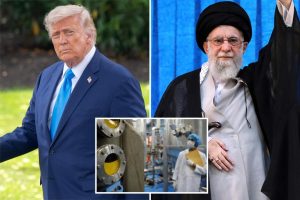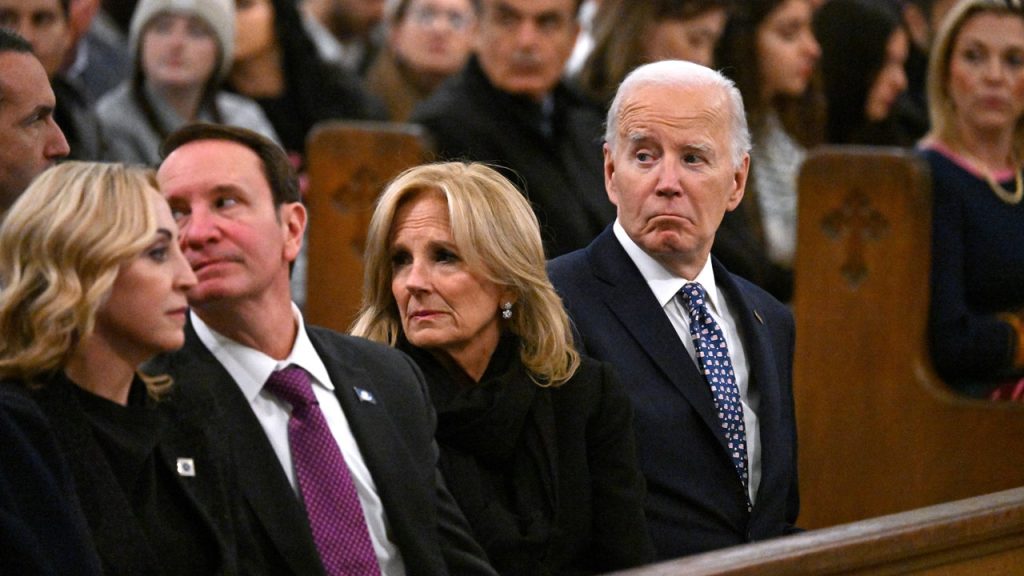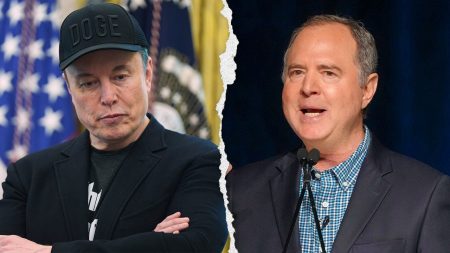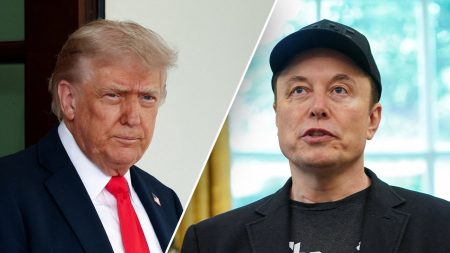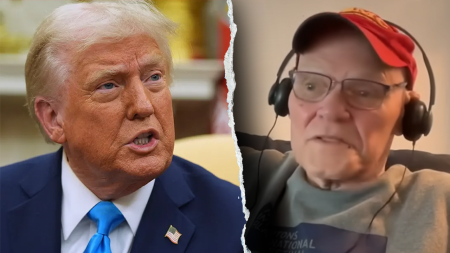On a somber Monday, President Joe Biden and First Lady Jill Biden traveled to New Orleans to offer solace and support to a city reeling from a horrific terrorist attack. The occasion was an interfaith prayer service held at the historic Cathedral-Basilica of Saint Louis, King of France, situated less than a mile from the site of the New Year’s Day tragedy on Bourbon Street. The attack, perpetrated by Shamsud-Din Jabbar, involved driving a pickup truck into a crowd of revelers, claiming the lives of 14 innocent individuals and injuring over 30 others. Jabbar also perished at the scene. The President’s visit, just two weeks before the end of his term, underscored the nation’s shared grief and solidarity with the victims, their families, and the resilient community of New Orleans. In his brief remarks, President Biden acknowledged the rawness of the pain and pledged his support, emphasizing that the entire nation stood with them in their mourning.
The attack sent shockwaves through the vibrant city known for its celebratory spirit. The victims, many in their 20s, hailed from various states across the country, including Alabama, Louisiana, Mississippi, New York, and New Jersey. Their lives, tragically cut short, represented a cross-section of America, united in their pursuit of joy and celebration in the heart of New Orleans. The youngest victim was just 18 years old, while the oldest was 63, highlighting the indiscriminate nature of the violence. The attack cast a pall over the New Year’s festivities, transforming a time of celebration into a period of mourning and reflection. The city, however, known for its resilience in the face of adversity, began the long process of healing and recovery.
President Biden, during his visit, also acknowledged the bravery and dedication of the first responders who rushed to the scene amidst the chaos. He recounted meeting two injured officers, commending their courage and selflessness. He highlighted New Orleans’ enduring spirit, drawing parallels to its recovery from past disasters like Hurricane Katrina. The President emphasized the city’s ability to “get back up,” a testament to its resilience and a reflection of the American spirit. This theme of resilience, echoed throughout the service, served as a source of strength and hope for the grieving community.
The investigation into the attack remained ongoing at the time of the President’s visit. Federal and local authorities worked diligently to piece together the events leading up to the tragedy and to understand Jabbar’s motivations. The Bureau of Alcohol, Tobacco, Firearms, and Explosives (ATF) played a crucial role in the investigation, focusing on Jabbar’s rented Airbnb on Mandeville Street. Their findings revealed a chilling attempt to destroy evidence. Jabbar had set a fire at the rental house before embarking on his deadly rampage, hoping to obliterate any trace of his plans. However, the fire smoldered rather than engulfing the property, inadvertently preserving crucial evidence.
The ATF’s investigation unearthed further details, revealing Jabbar’s intended use of explosives. Traces of RDX, a powerful explosive compound, were discovered at the rental property. The investigation also revealed Jabbar’s lack of expertise in handling explosives. He attempted to detonate the RDX using an electric match, a method unsuitable for the material. This amateurish approach, while ultimately unsuccessful in causing a larger explosion, underscores the potential for even greater devastation. The ATF’s findings shed light on the planned scope of the attack, painting a picture of a premeditated act of violence.
The attempted destruction of evidence, coupled with the discovery of explosives, pointed towards a carefully planned attack. While the full extent of Jabbar’s motivations remained unclear, the emerging details suggested a deliberate and calculated act of terrorism. The investigation continued, with authorities working tirelessly to uncover all the facts and bring closure to the victims’ families and the community. The President’s visit served as a powerful reminder of the nation’s support and its commitment to standing with New Orleans in its time of grief and recovery. The incident underscored the ongoing threat of domestic terrorism and the need for continued vigilance and preparedness. As the investigation progressed, the nation mourned the loss of innocent lives and reaffirmed its commitment to combating terrorism in all its forms.


